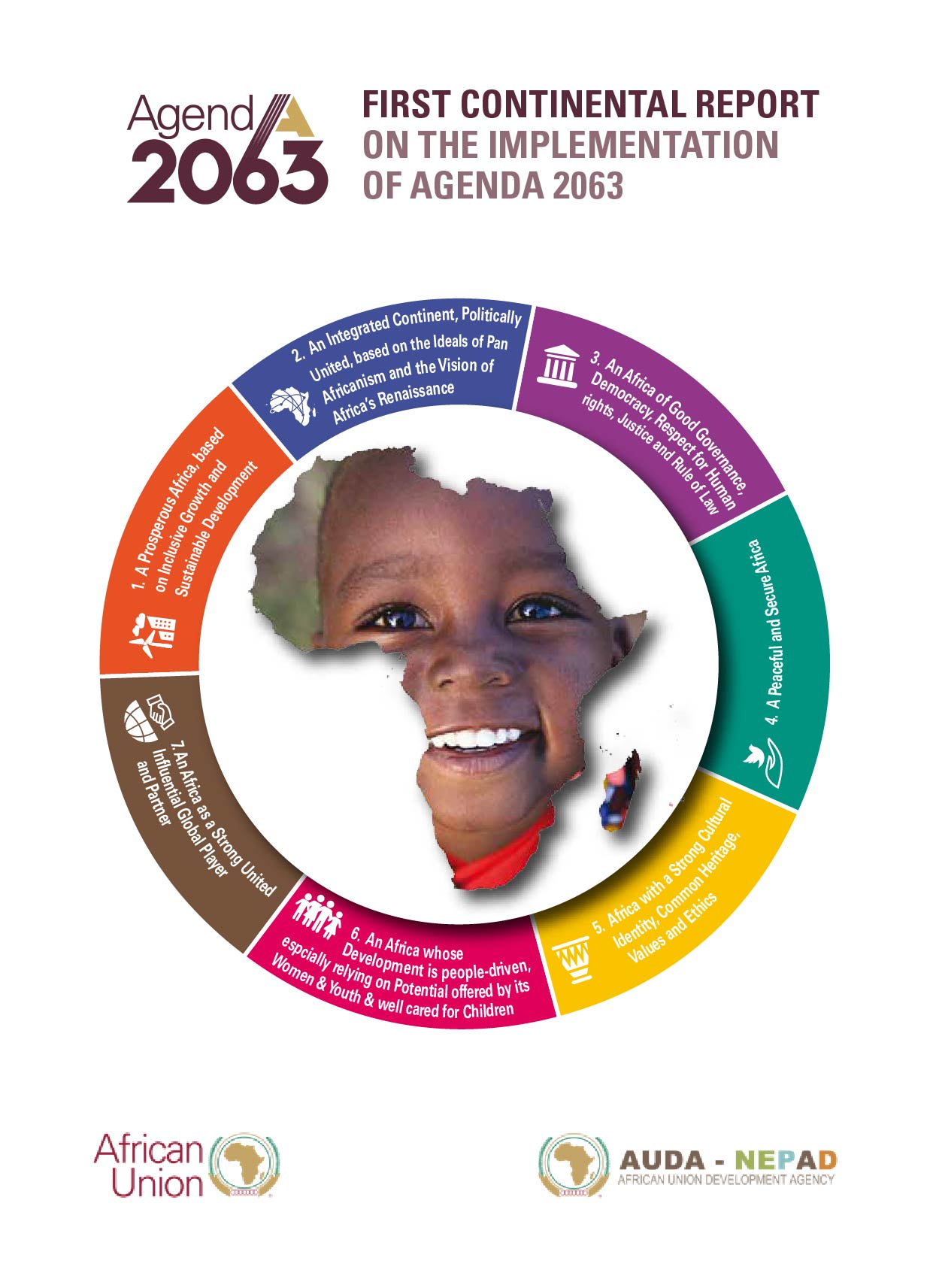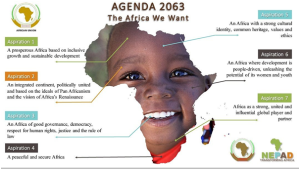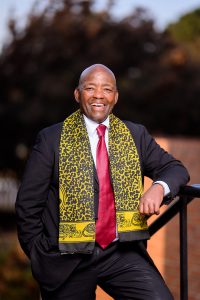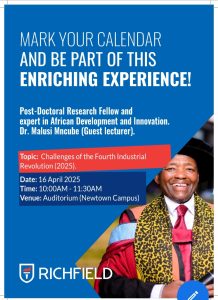In the realm of norm entrepreneurship and agenda-setting, the African Union’s Agenda 2063 stands as a brilliant and forward-looking policy roadmap—one that articulates a collective vision of an integrated, prosperous, and peaceful Africa, driven by its own citizens and representing a dynamic force in the global arena. It is a laudable attempt to reclaim African agency and set the terms of our development trajectory. Yet, it is important to recognize that this vision did not emerge in a vacuum.
As early as 1958, Kwame Nkrumah declared that “the liberation of Ghana is meaningless without the total liberation of Africa and the formation of a United States of Africa.” Acting on this conviction, he immediately laid the groundwork for an African confederation, beginning with the historic alliance of Ghana, Mali, and Guinea Conakry. This was no mere symbolism—it was a practical and ideological experiment in continental unity, anchored in anti-imperialist struggle and shared destiny.
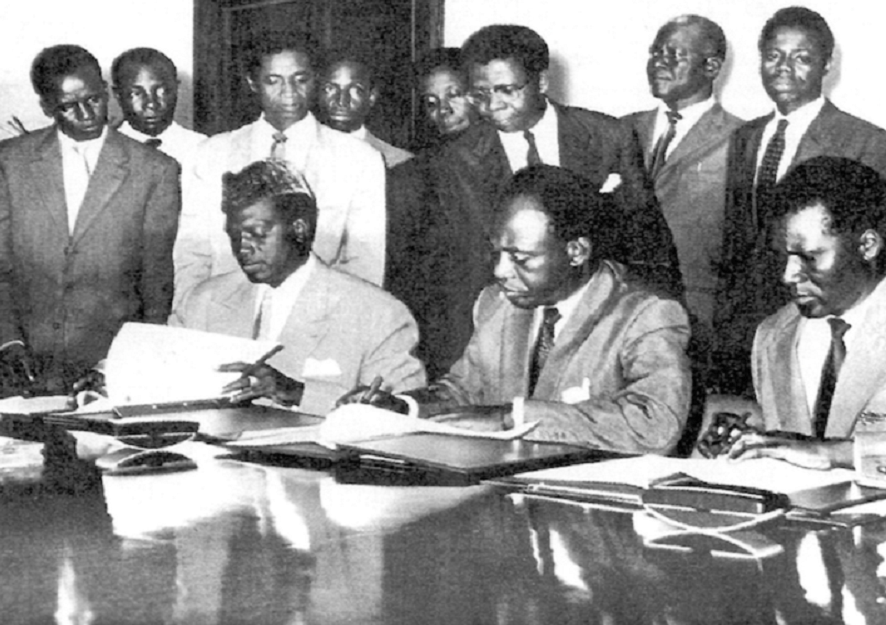
Agenda 2063, while not a dogma cast in stone, represents a vital signpost—an evolving and non-linear blueprint for actualizing Africa’s shared aspirations: industrialisation, self-reliance, and global competitiveness. It offers a framework to escape the structural traps of dependency, underdevelopment, and neocolonial control.
However, this agenda risks being undermined by a critical omission—the lack of widespread and meaningful citizen engagement. To date, the implementation of Agenda 2063 appears largely elite-driven, with insufficient participation from the very people it claims to empower. The African masses—women, youth, workers, peasants, and the diaspora—remain sidelined, spectators rather than architects of the future. This absence of a consistent and vibrant citizenry participation is the greatest threat to the realisation of the Agenda’s lofty ideals.
Moreover, the path to realising this vision will not be smooth. The African Union is already navigating turbulent waters—military coups, secessionist alliances like the Sahel coalition, and widespread instability remind us that the process of continental integration is deeply contested terrain. These disruptions are not accidental—they are often orchestrated by foreign interests who seek to exploit our divisions, sabotage our unity, and control our resources through militarised interventions, proxy wars, and political manipulation.
We must awaken to this reality: power is never handed over willingly; it must be taken through conscious, organised, and relentless struggle. Our liberation will not be achieved on a silver platter. It demands sacrifice, clarity of vision, and revolutionary discipline. We must take our cue from the likes of Kwame Nkrumah, Malcolm X, Thomas Sankara, Marcus Garvey, Walter Rodney, Dedan Kimathi, and Henry Sylvester Williams—all of whom understood that the dream of a united Africa demands not only hope, but blood, sweat, and courage.
To all Africans—on the continent and in the diaspora—regardless of tribe, creed, language, gender, or political affiliation: let our differences be the source of our strength, not our division. We face an existential threat from global systems that continue to pursue the depopulation, fragmentation, and dehumanisation of African peoples. The only viable response is unity, grounded in Pan-African solidarity, political consciousness, and revolutionary struggle.
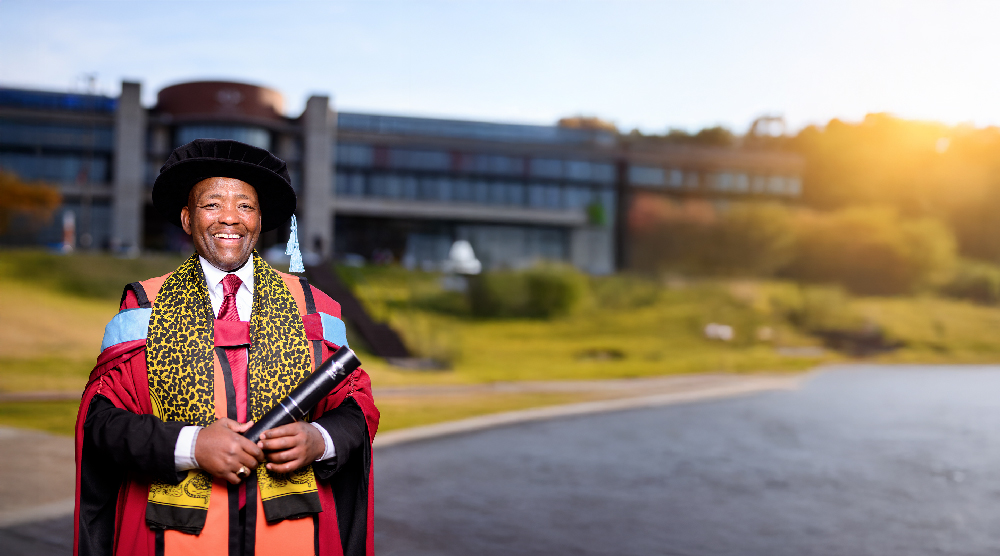
Africa is not a victim—it is a rising global superpower in the making. The march toward a multipolar world cannot be halted, and Africa must shape its place within it, not as a subordinate but as a sovereign and dignified force.
Africans, unite—now is the time to fight. The future is ours to build.
Dr. Malusi Mncube
University of Johannesburg
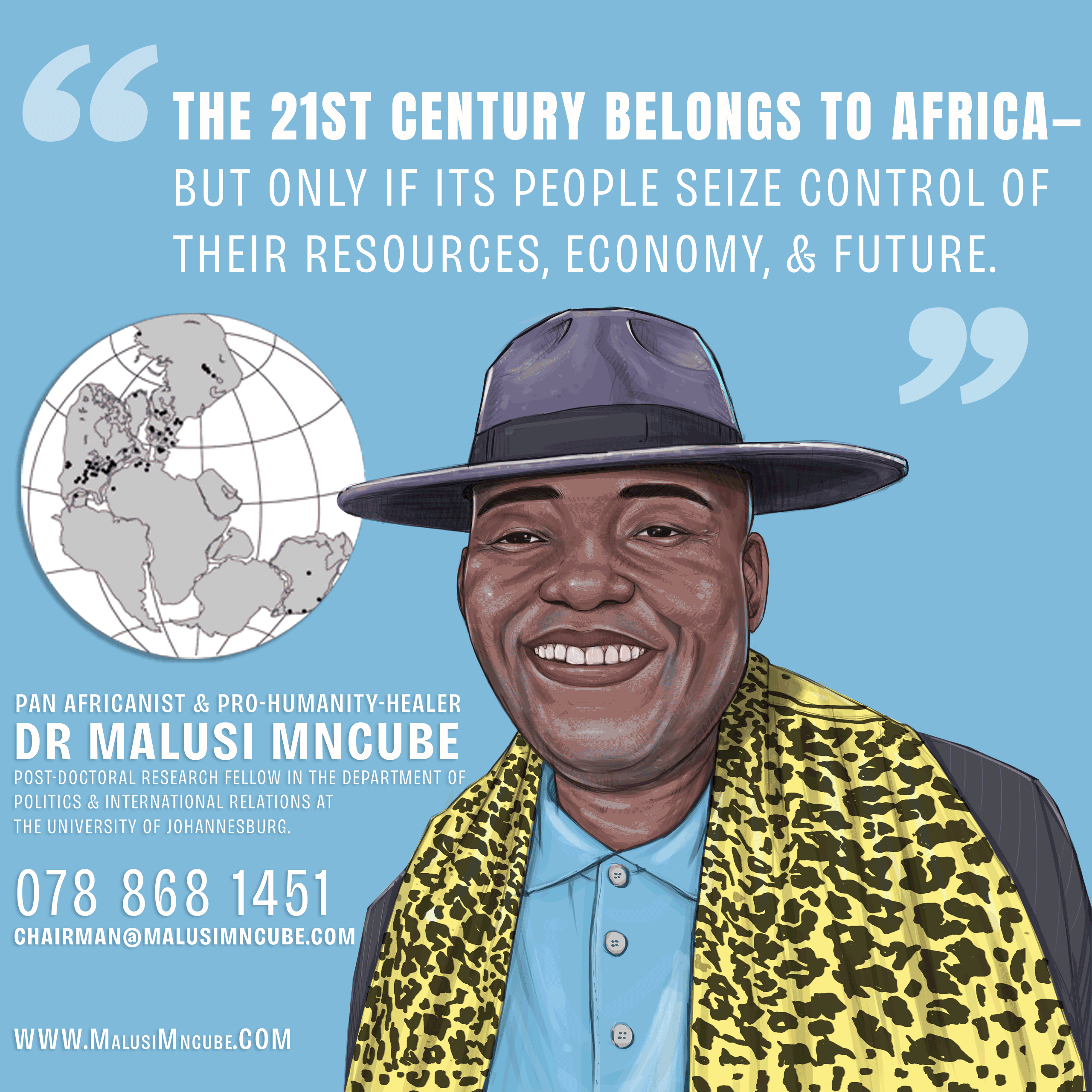
Discover more from Dr Malusi Mncube
Subscribe to get the latest posts sent to your email.

